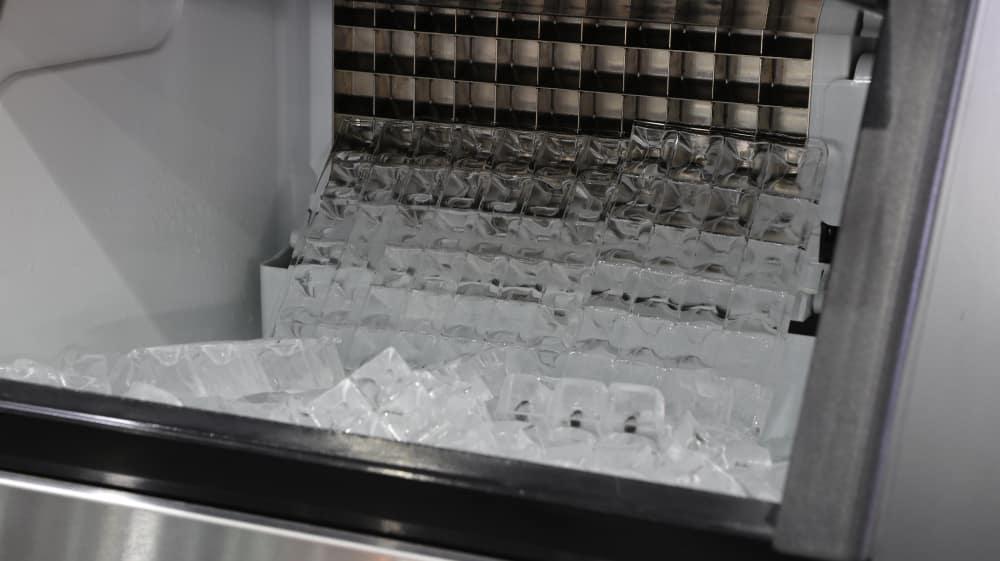
The ice makers have become an essential part of various households, particularly the homes where ice is widely consumed. These ice makers are designed with stainless steel material, which means they are prone to rust and corrosion. However, there are various factors that increase the chances of corrosion in your ice maker, and all of them are mentioned in this article!
What Could Cause Corrosion Of A Stainless Steel Ice-Maker?
Basically, the stainless steel material is designed with built-in resistance to corrosion but it does rust and corrodes in some cases. Before we share the potential reasons behind corrosion, you need to remember that corrosion in stainless steel won’t be as severe as in conventional steel material. As far as stainless steel is concerned, it corrodes when it is exposed to damaging chemicals or harsh chemicals. In addition, the corrosion can be caused by the stainless steel ice maker being exposed to grease and saline.
On top of everything, when the stainless steel ice makers are exposed to heat and moisture for too long, it will lead to corrosion. It’s needless to say that the ice maker will be exposed to heat in the kitchen, which triggers corrosion. In addition, when the ice maker is exposed to moisture or water for too long, it leads to rusting and corrosion. For this reason, it’s important to pack away the ice maker when not in use and try to keep it clean.
Preventing Corrosion In Stainless Steel Ice Maker
Now that the reasons behind corrosion are clear, you also need to keep in mind the preventive measures that can help enhance the lifespan of the ice maker, such as;
- First of all, you have to keep your ice maker clean from different environmental contaminants, such as salt, dirt, and dust. This is because when the evaporator coils of the ice maker are exposed to excess dirt buildup, it will only accelerate the corrosion process. To illustrate, the dust will accumulate on the coils, absorb moisture from the air, and water will be able to make contact with the surface, resulting in corrosion
- Secondly, when you are not using the ice maker, you need to make sure the water valve is not dropping water into the ice maker. For this purpose, you need to turn off the water valve that’s feeding the water lines of the ice maker. This is because keeping these lines clean will actually help keep the unit dry, which keeps the ice maker safe from corrosion
- Thirdly, the ice maker should be cleaned after every month (in-depth cleaning) to make sure there is no buildup of debris and dirt to prevent the chances of corrosion. To be sure, you can also use distilled white vinegar to clean the tubes and pipes to make sure everything is cleaned up properly
- Lastly, whenever you use the ice maker and have you used up the ice that it has made, you need to dump out the leftover ice and make sure to dry up the ice bin
So, you should use the ice maker all you want but keep it clean!